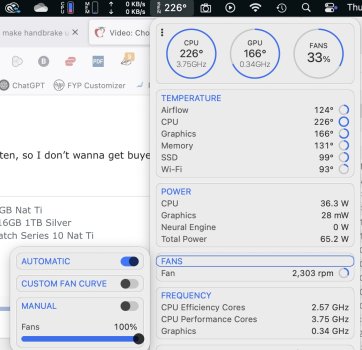
Apple silicon was announced five years ago this week, kickstarting one of the most successful periods for the Mac ever.
Following years of rumors, Apple in June 2020 unveiled its plan to transition the entire Mac lineup from Intel processors to its own custom-designed chips.
Later that year saw the release of the first three Mac models powered by Apple silicon, including a 13-inch MacBook Pro, MacBook Air, and Mac mini.
Apple had plenty of experience after a decade of making custom iPhone and iPad chips, and it was time for the Mac to switch from x86 to Arm architecture.
The company promised, and delivered, industry-leading performance per watt for Macs. This feat allowed it to remove the fan inside the MacBook Air, given the improved power efficiency resulted in less heat being generated in the ultra-thin laptop.
"With its powerful features and industry-leading performance, Apple silicon will make the Mac stronger and more capable than ever," said Apple CEO Tim Cook, in a press release announcing the transition to Apple silicon.
"I've never been more excited about the future of the Mac," added Cook.
He had good reason to be excited.
Over the past five years, many Apple fans would agree that the Mac has gone through a renaissance. Apple silicon delivered powerful performance and power efficiency at a fraction of the price of the highest-end Intel-based Macs. Apple also went a step further by bringing back ports like HDMI and MagSafe. In many ways, the Mac has never been in a better place, especially compared to the mid-2010s era when MacBooks were equipped with faulty butterfly keyboards, and often ran loud and hot to the touch.
Apple recently announced that macOS Tahoe will be the final macOS release that is compatible with Intel-based Macs.
"From the beginning, the Mac has always embraced big changes to stay at the forefront of personal computing," said Cook.
A big change was an understatement. Apple silicon completely changed the game for the Mac when it was first announced five years ago.
Article Link: Intel to Apple Silicon Transition for Mac Was Announced Five Years Ago
Last edited:


